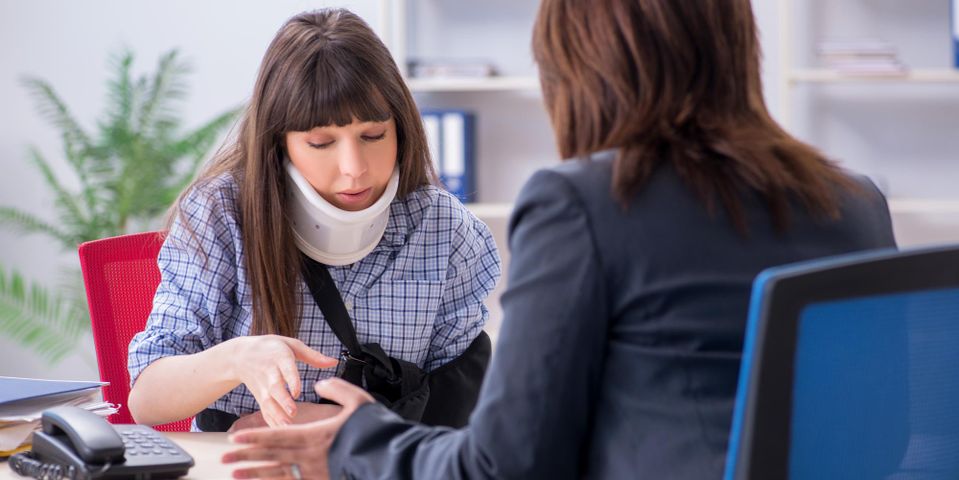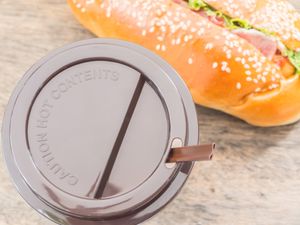
When you buy a product, you trust that the manufacturer has done everything they can to assure that it will work safely and effectively. While this is true in most cases, a flaw caused by the company at any phase of production can result in serious injury. Before you bring in an attorney to deal with this potential product liability suit, it is essential to know what types of defects can occur and how you can hold a manufacturer liable.
Types of Product Defects
Design Defect
If the product is inherently unsafe due to a design flaw, and a reasonable alternative was not used to eliminate the risk, that can create the grounds for a product liability case. The safer option suggested must be a design the manufacturer is physically able to make, it has to provide the same purpose as the original design, and it needs to cost a similar amount to make. An example of a design defect would be a fan with a guard to cover the propeller, but the bars on the guard are spaced out enough so that you could slip your hand through and injure yourself on the moving blades.
Manufacturing Defect
This defect occurs when a product has a hazardous fault that exists due to a flaw created during manufacturing or assembly. If you’ve ever seen a model recall of a car because of faulty brakes or other issues that endanger the driver, that is a case of a manufacturing defect. Instances of this type of product liability are increasingly rare due to quality assurance practices at manufacturing companies.
Marketing Defect
 A product that has insufficient labeling, instructions, or safety alerts on the packaging to prevent possible harm is another type of defect that falls under the product liability umbrella. A warning is required when the product presents a danger, the manufacturer knows about it, this danger exists when the consumer uses the product in its intended manner, and the threat is not apparent to the user.
A product that has insufficient labeling, instructions, or safety alerts on the packaging to prevent possible harm is another type of defect that falls under the product liability umbrella. A warning is required when the product presents a danger, the manufacturer knows about it, this danger exists when the consumer uses the product in its intended manner, and the threat is not apparent to the user.
A famous example of this type of product liability is Liebeck v. McDonald’s Restaurants, a landmark 1994 case in which a woman was awarded nearly $3 million due to third-degree burns she suffered from spilling McDonald’s coffee on her legs. The lawsuit led to industry-wide labeling of hot drinks with the warning, “Caution: Contents Hot” to avoid future losses in court.
How Product Liability Cases Are Proven
Negligence
A manufacturer has a legal duty to the consumer that they will keep them safe from the potential hazards of their product. They breach this legal contract by failing to act in a way that protects their consumers. In negligence cases, the plaintiff’s attorney needs to prove that the manufacturer’s breach of this legal duty has directly caused their injury, either by choosing to manufacture an unsafe design, failing to find a production flaw through quality standards, or failing to warn of potential hazards of the product.
Strict Liability
The legal precedent for most manufacturing product liability cases is strict liability: legal responsibility for damages even if the person found liable was not at fault or negligent. In these cases, the plaintiff’s attorney only needs to prove that the product in question was defective, that the defendant manufactured the product, and that the defective nature of the product is what caused their injury.
Manufacturing defect claims are often harder to prove when they do occur, though, due to the stipulation that the plaintiff must establish a manufacturing flaw is what caused their injuries. An ideal case would have the defective product itself as evidence, but in the instance of a faulty car, the plaintiff is usually suing due to a severe car accident, which would mean that the product in question is likely too damaged for an attorney to use as proof.
When dealing with a product liability claim, you want to assure that you have a tenured attorney on your team. Neimark & Neimark has handled numerous lawsuits in the Orange and Rockland County, NY to help clients receive compensation after a defective product caused an injury. They aim to keep manufacturers accountable for failing to uphold standards to keep their consumers safe. For more information about their range of legal services and to book a consultation, call (888) 725-7424 or visit them online.
About the Business
Have a question? Ask the experts!
Send your question

